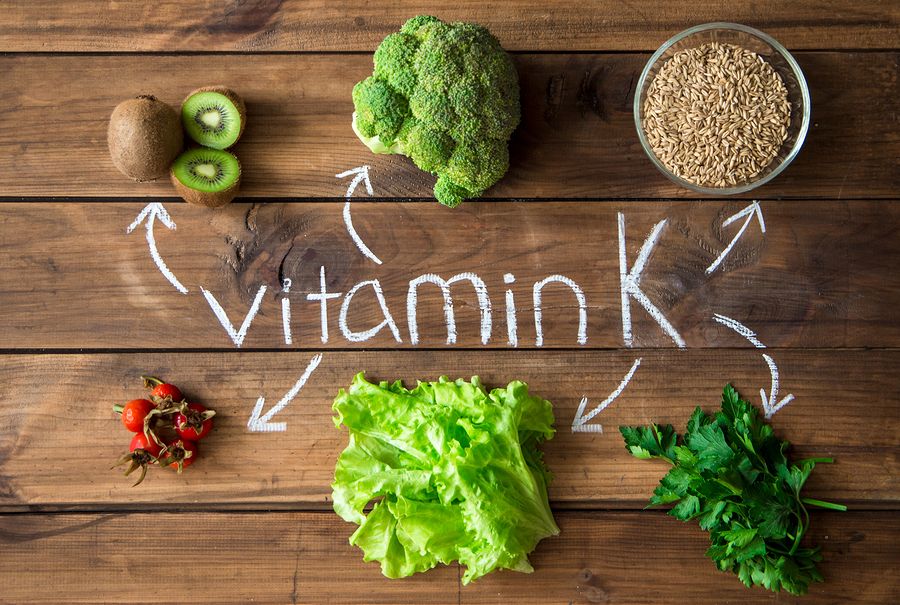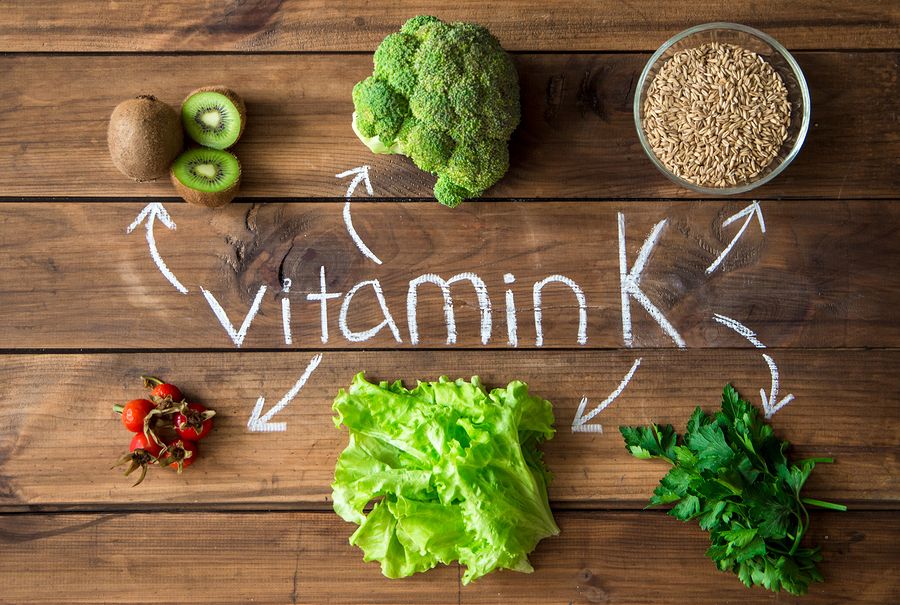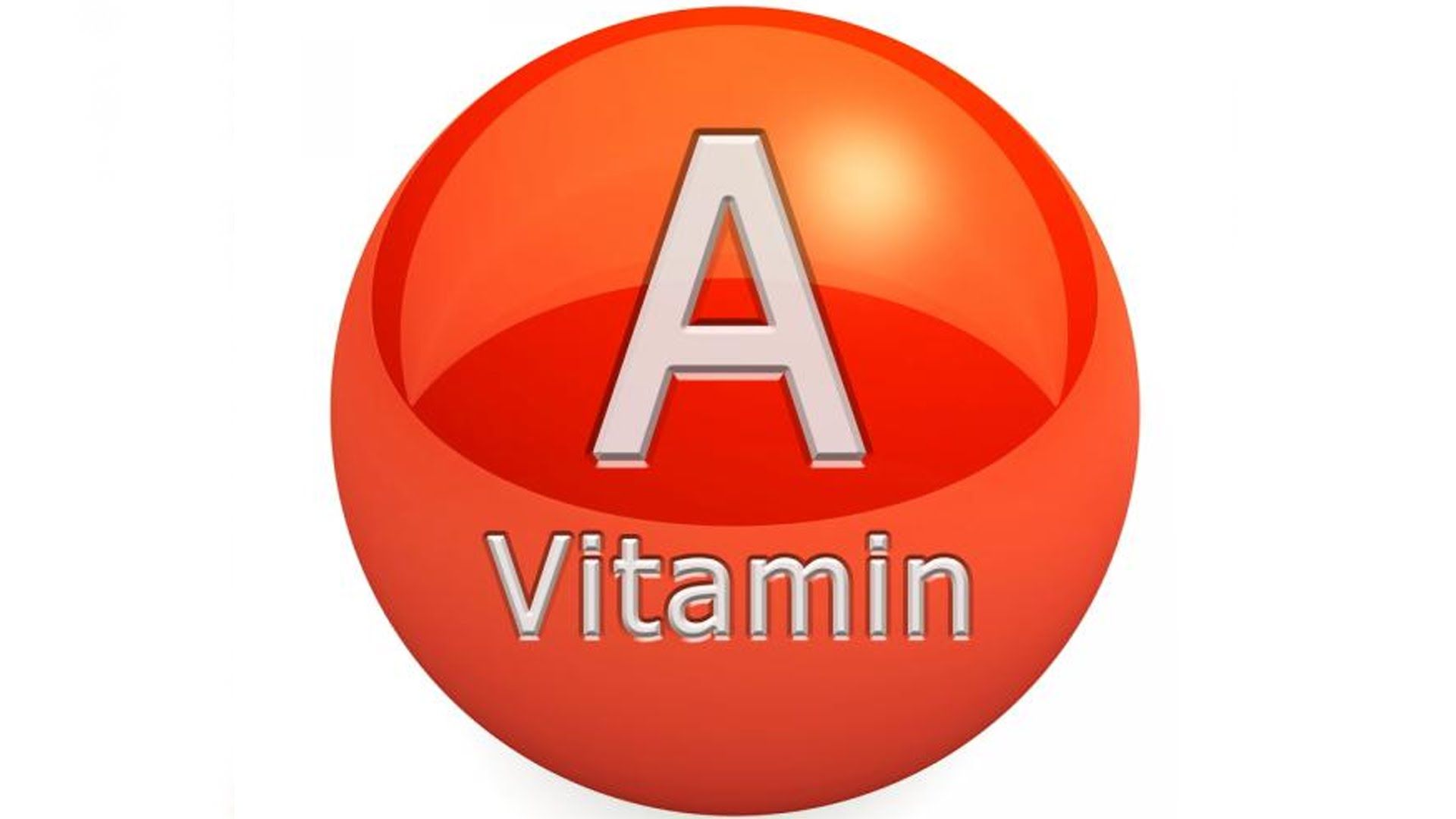Introduction
Vitamin C, also known as ascorbic acid, stands as one of the most celebrated and versatile vitamins in the realm of nutrition. Beyond its widely acknowledged role in boosting the immune system, Vitamin C offers a myriad of benefits that extend to skin health, wound healing, and even potential preventive measures against chronic diseases. This comprehensive guide aims to unravel the diverse advantages of Vitamin C, shedding light on its sources, functions, and the profound impact it can have on overall well-being.
Understanding Vitamin C
Vitamin C is a water-soluble vitamin, meaning it dissolves in water and is not stored in the body for an extended period. This characteristic underscores the importance of regularly incorporating Vitamin C into one’s diet to maintain optimal health. While commonly associated with citrus fruits like oranges and lemons, Vitamin C is found in various fruits and vegetables, including strawberries, bell peppers, broccoli, and kiwi.
Immune System Support
Perhaps the most renowned benefit of Vitamin C is its pivotal role in supporting the immune system. It serves as an antioxidant, scavenging free radicals that can cause cellular damage and compromise the immune response. Vitamin C enhances the production and function of white blood cells, including lymphocytes and phagocytes, which play a crucial role in the body’s defense against infections. Regular intake of Vitamin C is thus instrumental in fortifying the immune system and reducing the severity and duration of common illnesses, such as the common cold.
Collagen Synthesis and Skin Health
Vitamin C plays a central role in collagen synthesis, a process vital for maintaining the integrity of connective tissues, skin, and blood vessels. Collagen is a structural protein that provides elasticity and strength to the skin, contributing to a youthful and healthy complexion. Adequate Vitamin C levels support the formation of collagen, helping to prevent skin sagging, wrinkles, and other signs of premature aging. As a result, incorporating Vitamin C-rich foods into one’s diet can contribute to overall skin health and radiance.
Wound Healing and Tissue Repair
Beyond its role in collagen synthesis, Vitamin C plays a crucial part in wound healing and tissue repair. It facilitates the production of new skin cells, helping wounds close faster and reducing the risk of infection. Additionally, Vitamin C supports the formation of scar tissue, contributing to a smoother and more efficient healing process. Whether recovering from a minor cut or undergoing surgery, ensuring an adequate intake of Vitamin C is essential for promoting optimal wound healing.
Antioxidant Defense Against Oxidative Stress
Vitamin C’s antioxidant properties extend beyond immune support to combat oxidative stress. Free radicals, generated through various environmental factors and metabolic processes, can cause cellular damage and contribute to the development of chronic diseases, including cardiovascular diseases and certain cancers. As an antioxidant, Vitamin C neutralizes free radicals, providing a defense mechanism against oxidative stress and promoting overall cellular health.
Cardiovascular Health Benefits
Numerous studies have explored the link between Vitamin C and cardiovascular health. Vitamin C’s antioxidant properties help protect blood vessels from oxidative damage, contributing to the prevention of atherosclerosis. Additionally, Vitamin C supports the dilation of blood vessels, aiding in the maintenance of healthy blood pressure levels. These cardiovascular benefits emphasize the importance of Vitamin C in promoting heart health and reducing the risk of cardiovascular diseases.
Cognitive Function and Neurological Health
Emerging research suggests a potential connection between Vitamin C and cognitive function. As an antioxidant, Vitamin C may protect the brain from oxidative stress, which is implicated in neurodegenerative diseases like Alzheimer’s. While more research is needed to establish a definitive link, the neuroprotective properties of Vitamin C highlight its potential role in maintaining cognitive health and reducing the risk of age-related cognitive decline.
Iron Absorption and Anemia Prevention
Vitamin C enhances the absorption of non-heme iron, the type of iron found in plant-based foods. By forming a complex with iron, Vitamin C increases its bioavailability, making it easier for the body to absorb. This property is particularly relevant for individuals following vegetarian or vegan diets, as non-heme iron sources are the primary iron providers in plant-based diets. Ensuring sufficient Vitamin C intake alongside iron-rich foods or supplements can aid in the prevention of iron deficiency anemia.
Stress Management and Adrenal Health
In times of stress, the body’s demand for Vitamin C increases. The adrenal glands, which produce stress hormones like cortisol, contain high concentrations of Vitamin C. Adequate levels of Vitamin C are crucial for supporting adrenal health and mitigating the negative effects of stress on the body. Whether dealing with chronic stress or acute situations, maintaining optimal Vitamin C levels can contribute to improved stress resilience and overall well-being.
Gut Health and Immune Modulation
Vitamin C has been recognized for its potential role in modulating the immune system through its interactions with gut health. It promotes the growth of beneficial gut bacteria while inhibiting the growth of harmful pathogens. A healthy gut microbiome is increasingly recognized as a key factor in immune system regulation, and Vitamin C’s influence in this regard underscores its importance in maintaining a balanced and robust immune response.
Optimizing Vitamin C Intake
While Vitamin C is readily available in a variety of fruits and vegetables, optimizing its intake involves incorporating a diverse range of sources into one’s diet. Additionally, as a water-soluble vitamin, Vitamin C is sensitive to heat and light, and cooking methods can impact its content in foods. To preserve the maximum amount of Vitamin C, opting for minimal cooking and including raw or lightly cooked vegetables in the diet is advisable.
Potential Risks and Considerations
While Vitamin C is generally considered safe when consumed from food sources, excessive intake through supplements may lead to adverse effects such as diarrhea, nausea, and stomach cramps. It is essential to obtain Vitamin C through a balanced diet and, if considering supplements, to do so under the guidance of a healthcare professional. Individuals with certain medical conditions, such as kidney disorders, should exercise caution and seek professional advice before supplementing with high doses of Vitamin C.
Conclusion
In conclusion, the comprehensive benefits of Vitamin C extend far beyond its reputation as an immune-boosting nutrient. From supporting collagen synthesis and promoting skin health to contributing to cardiovascular well-being and potentially playing a role in cognitive function, Vitamin C stands as a cornerstone of overall health. As we celebrate the diverse advantages of Vitamin C in this guide, let it serve as a reminder of the importance of a well-rounded and nutrient-rich diet in nurturing our bodies and ensuring longevity and vitality.
- A Comprehensive Guide to the Benefits of Burdock Supplements - December 14, 2023
- A Comprehensive Guide to the Benefits of Burdock Supplements - December 14, 2023
- A Comprehensive Guide to the Benefits of Boneset Supplements - December 14, 2023





